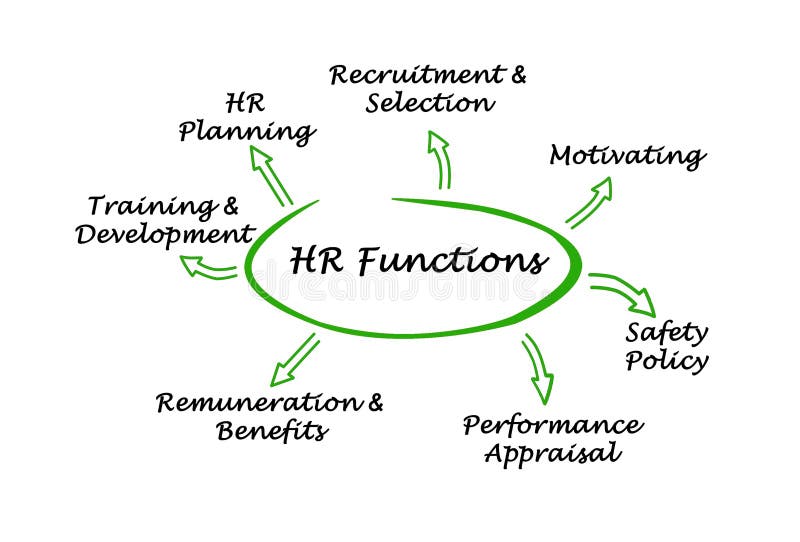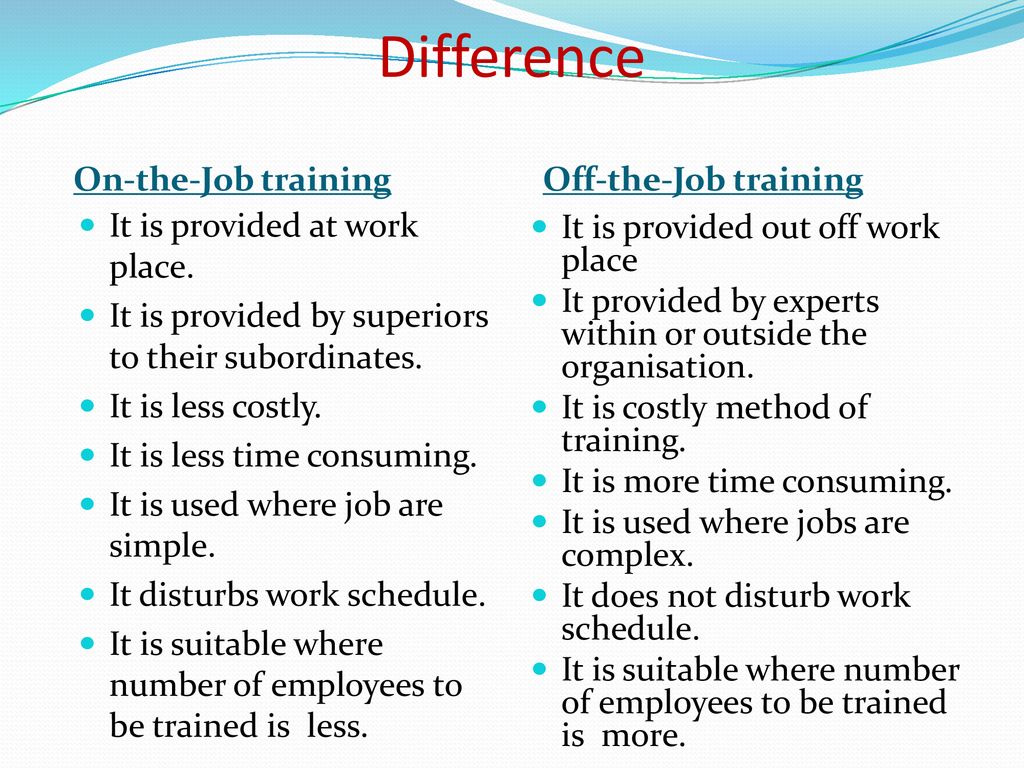What are Human Resources?

The human resources are the employees or workforce of an organisation. They perform mental and physical labour to help achieve organizational goals. They are also a vital factor of production.
What is Human Resource Management (HRM)?
HRM involves managing employees and all the activities that are used to attract and retain employees so that they can accomplish organisational goals.
What is the Human Resource Office?
The human resource office is a department within an organisation that is responsible for attracting, retaining and managing employees, as well as looking out for the welfare of all employees.
/what-is-a-human-resource-1918144_final-b39481416bdd4f689e11df61ab88b906.png)
6 HR Functions: Existing Staff
Induction
Staff Deployment
Appraisal
Training & Development
Staff Welfare
Disciplinary Procedures
Which function below is not listed above?

Training and Development
Training focuses on teaching specific job-related skills and behaviour of employees while development focuses on the personal and holistic growth of employees.
Types of Training
Training courses occur inside (internal) and outside (external) the workplace.
1. In-house Courses: induction, workshops, seminars, on-the-job training.

Create a checklist for an induction program.

Why is it important to have cultural training workshops?

List 2 benefits of on-the-job training.

2. External Courses: may cover new software, first aid, telesales, customer service, teamwork, and professional business courses.

More info on Training

Disciplinary Procedures
Disciplinary procedures explain the action that the employer will take if employees break their contract of employment, fail to comply with organisational rules (health and safety) or do not fulfill their responsibilities.
1) Why is it important to have set procedures?
2) Why is it important to ensure all employees are familiar with the procedures?
3) When do you give a verbal warning?
4) When do you give a written or final warning?
5) When do you dismiss an employee?
6) What is gross dismissal?
7) Should employees who attend a disciplinary interview have the right to be accompanied by someone else and appeal the decision? Why?
8) Define: a) grievance b) conflict c) appeal d) gross misconduct d) grievance procedures


